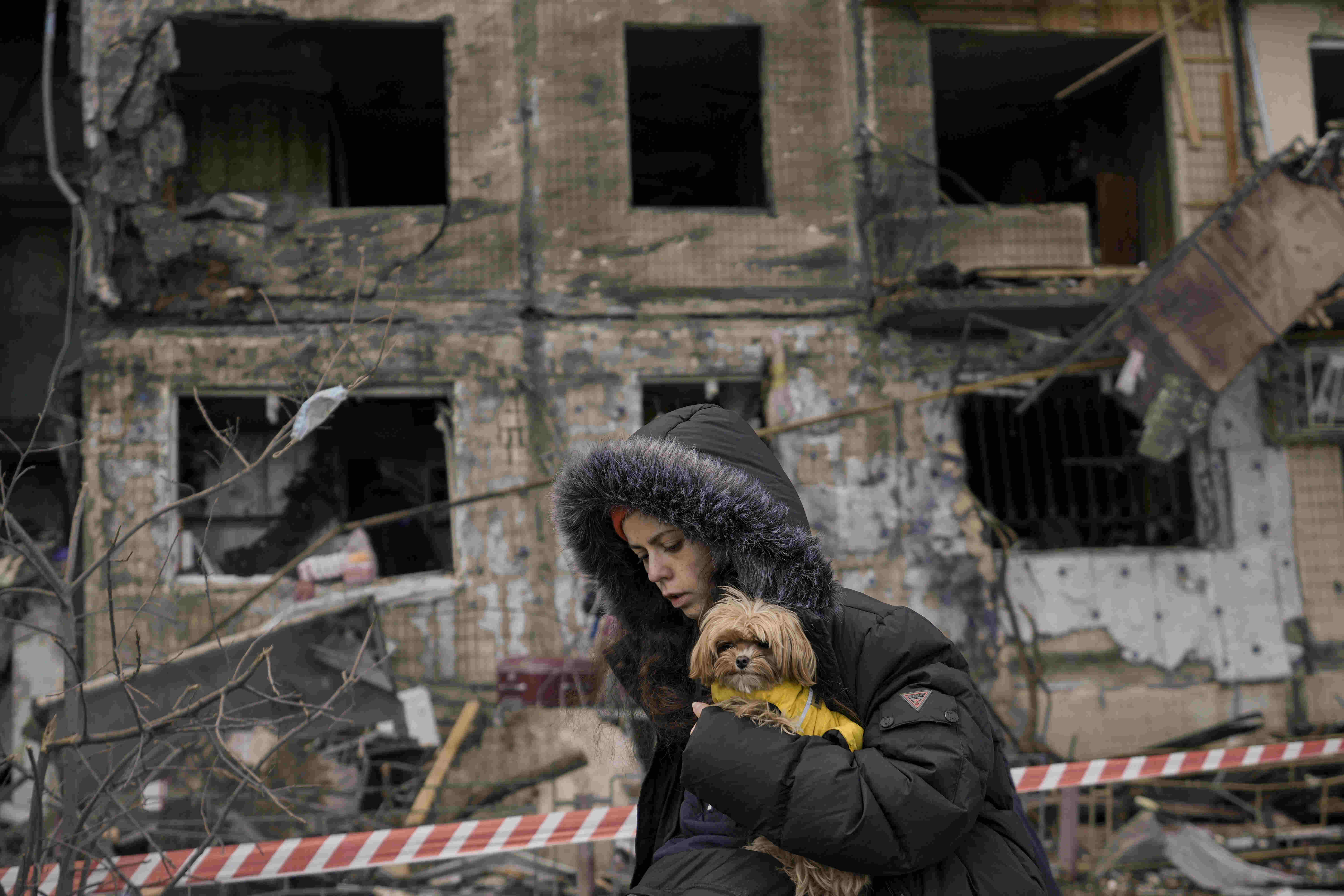The big picture
Considering their stakes in the region, the West should decrease its dependence on Russian fuels, and Putin must resort to peaceful solution

Various countries and blocs — including the United States, the European Union and the United Kingdom — have imposed a series of sanctions against Russia, targeting banks, oil refineries and military exports. Two of Russia's largest banks – state-backed Sberbank and VTB Bank — have been sanctioned, export controls are introduced, and the country is cut off from the Society for Worldwide Interbank Financial Telecommunication (SWIFT) international payment system. In this light, there is a need to consider the Ukraine crisis from the intersection of geopolitics and geoeconomics given the fact that EU's energy dependence on Russia is a reality that must be factored in. The EU imports a large percentage of its total gas and oil from Russia — with the Central and Eastern European countries being almost 100 per cent dependent on Russian gas. The questions that arise in this regard are: How did the Ukrainian crisis come into being? What is the role of NATO in the ongoing crisis? What is the economic significance of Ukraine for the EU? And finally, what is the possible way forward?
Historically, the modern Ukraine crisis began with Nikita Khrushchev's 1954 transfer of Crimea from the Russian Socialist Federal Republic to the Ukrainian Socialist Federal Republic in order to commemorate the 300th anniversary of Ukraine-Russia unification. The crisis further extenuated during the 1990s after the disintegration of the USSR, when the Western leaders understood that Russia must not be labelled as a defeated state. It was in this background that the West was to assume responsibility to develop post-Cold War structures, processes, perceptions, and activities by balancing the European nation's interests and promoting the democratic and liberal values, alongside keeping Russia within the framework of such changes.
Further adding to the complexity was the fact that NATO, under the US leadership, developed a complicated architecture where NATO's integrated military command structure would be preserved. The aim was to develop close relationships with the European countries that later took the form of the European Union. Surprisingly, during these deliberations, the United States and other NATO nations never took into consideration the fact that it may be Russia's will to remove the NATO like the Warsaw pact and have an equal role in developing a new institution for ensuring security by being an equal partner
Coming to the EU interests, the 2003 European Security Strategy (ESS) — or differently called as the "ring of well governed countries" — that was symbolic of the vision of political, economic and security order for Ukraine and other neighbouring countries came into being. Through this scheme that traces its roots from the break-up of the soviet bloc, the EU aimed to achieve the enlargement of the EU's external border further towards the east to a region that is seen as politically and economically unstable and vulnerable to Russian pressure and influence. The underlying aim is to promote stability and security in the post-2004 neighbourhood through trade policy to avoid the worry regarding the potential instability and armed conflicts in these regions without offering a membership to the countries.
In this regard, the political and economic reforms brought were believed to stabilise and modernise the Ukrainian economy, thereby inducing a similar effect on Ukraine's political system, that would result in enhancing the stability and security of the wider Eastern neighbouring countries. However, the current crisis has disrupted the process of the US-EU relations as well as affected the energy needs of the countries dependent on Russia.
Going forward, given the mutual dependence between Russia and Europe, the West will have to find ways to decrease reliance on Russian energy. At the same time, Russia, which does not possess the economic might to fund a prolonged and expressive war, must put an end to the war.
Views expressed are personal



